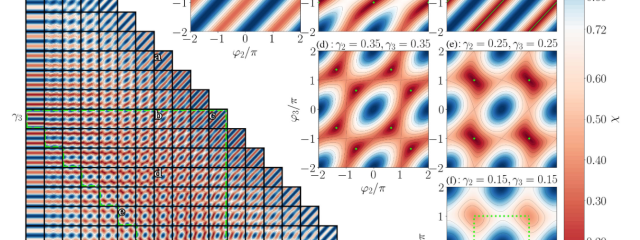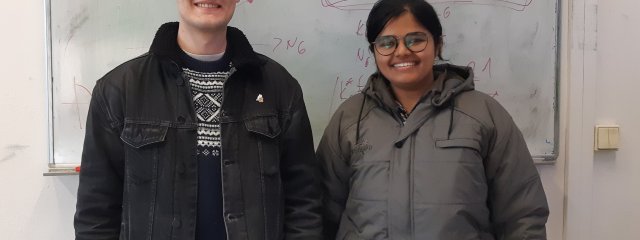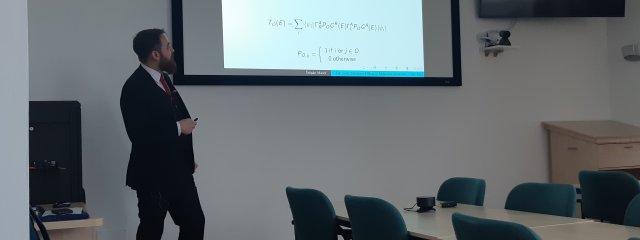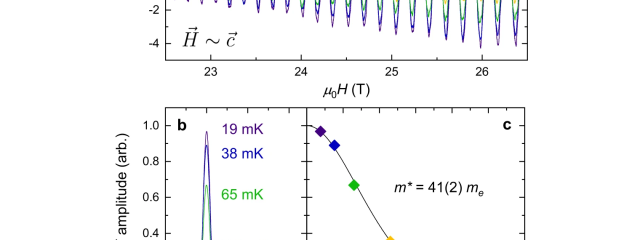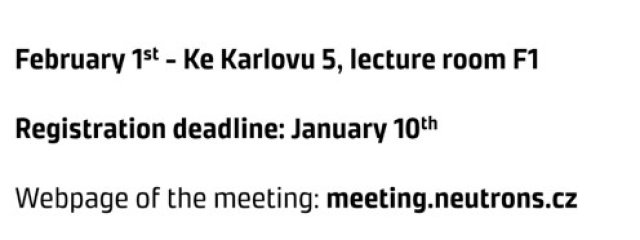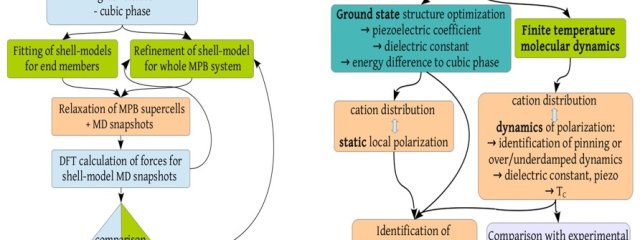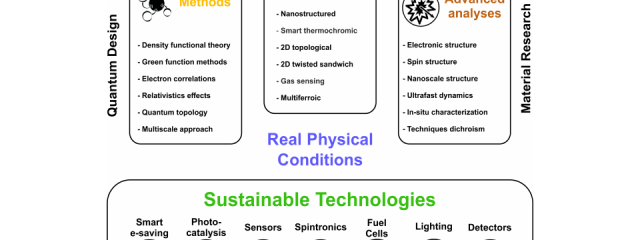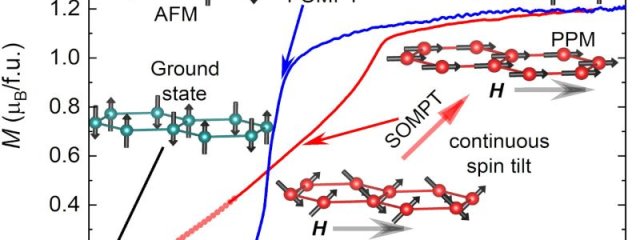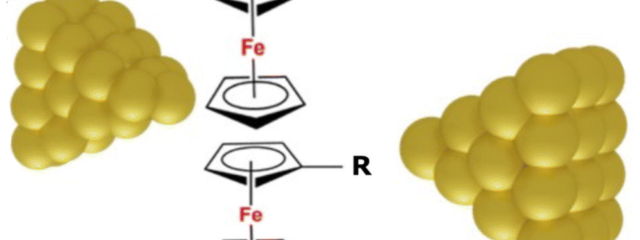News
In a recent letter by Peter Zalom from FZU, Martin Žonda, and Tomáš Novotný from our department, a novel approach to understanding interacting quantum dots coupled to multiple superconducting leads, based on a so far hidden symmetry, has been unveiled.…
We welcome new group members: Subhasmita Ray, Ph.D., and Daniel Bobok, Mgr. Sc. We wish them interesting problems to solve, scientific breakthroughs, and productive studies during their stay at Charles University!
Congratulations to Štěpán Marek, Ph.D. on successful doctoral defence! We wish him much success in his postdoctoral position at the University of Regensburg!
Dr. M. Vališka’s team has successfully prepared high-quality single crystals of UTe2 specifically tailored for quantum oscillation studies. Utilizing these samples, the Cambridge group, led by A. Eaton, conducted a series of experiments in high magnetic field facilities, followed by…
The Department of Condensed Matter Physics, Faculty of Mathematics and Physics, Charles University and Nuclear Physics Institute, The Czech Academy of Sciences organize the whole-day meeting of the Czech neutron users. The Czech neutron community meeting 2024 continues the series of…
The collaborative project of the Institute of Physics of the AS CR, v.v.i. and the Department of Condensed Matter Physics entitled “Computational design of high-performance ferroelectrics” was awarded by the Czech Science Foundation (GAČR).
The AMULET (Advanced MUltiscaLe materials for key Enabling Technologies) project succeeded in the competition of 66 projects submitted to the Top Research call in the OP JAK programme (Ministry of Education, Youth and Sports, CR). The call is aimed at…
The theoretical department and the department of nanostructures of KFKL participate in the the project Quantum materials for applications in sustainable technologies (QM4ST). The project was awarded from the Programme Johannes Amos Comenius co-financed by the EU, the main researcher…
Dávid Hovančík a Ph.D. student at the Department of Condensed matter physics is the leading author of the paper Robust intralayer antiferromagnetism and tricriticality in the van der Waals compound VBr3 selected as Editors' choice in PRB. This study is…
Due to their infinite variability, molecular-based transistors offer an exciting alternative to the silicon technology. In collaboration with a lab in India, our theorists have described the workings of a molecular junction that is almost transparent for the electronic current.…

